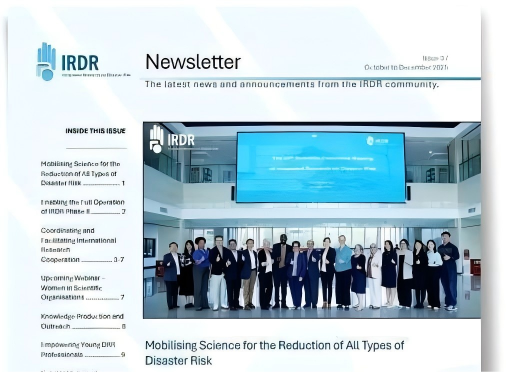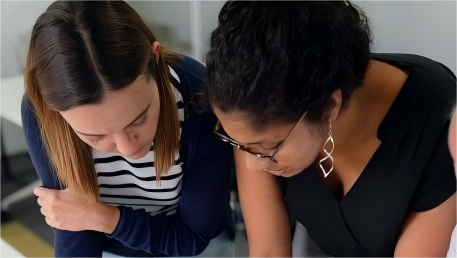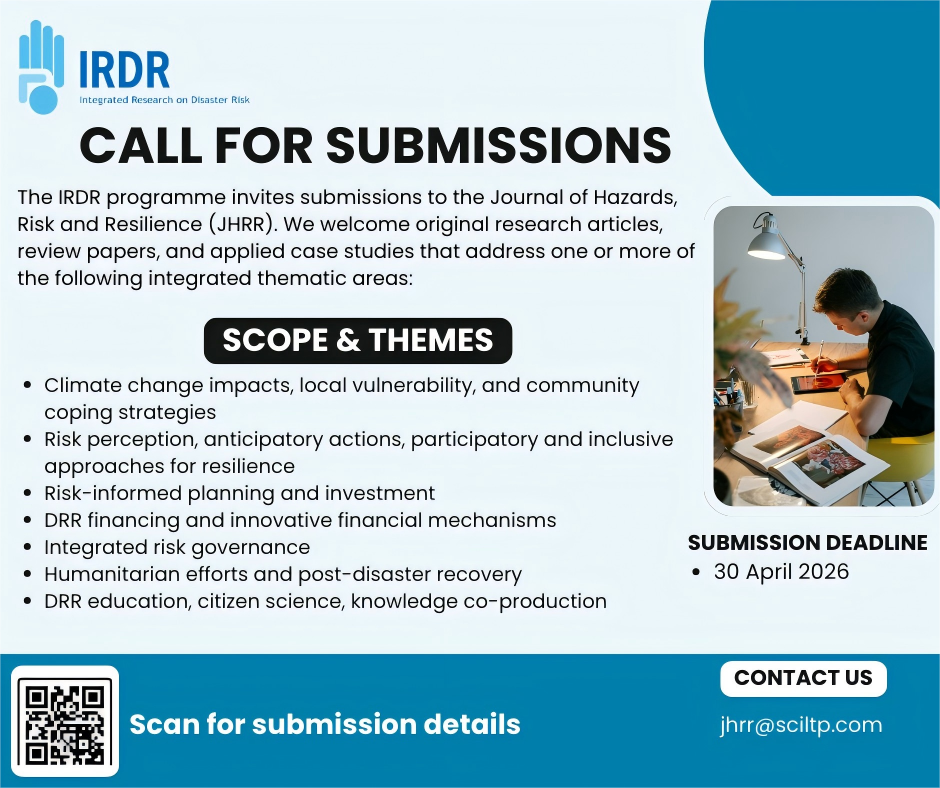The UNDP (United Nations Development Programme) recently launched its annual stock taking report of development across the globe, the 2014 Human Development Report (HDR). This latest edition, under the title Sustaining Human Progress: Reducing Vulnerabilities and Building Resilience addresses many issues that are at the core of IRDR research and that are also at the heart of an ongoing Royal Society project. The Academy website was platform for a blog by senior policy advisor Emma Woods entitled “A snapshot of Human development”.

With an emphasis somewhat different from that of IRDR, the Royal Society project Human resilience to climate change and disasters focuses “on the role of nature in increasing human resilience to extreme weather and climate change, but will also consider other adaptation and risk reduction methods.” see also: the project scope (PDF)
The project asks: “how do we reduce the impact of extreme events today whilst preparing ourselves for the impacts of climate change? What are our options and how do we decide which is the best approach to take?” It will examine such and other related questions to inform decision-making in the areas of adaptation and risk reduction at all levels.
The project description explains: “Extreme weather events affect millions of people around the world every year. These events lead not only to loss of life but have considerable economic costs and can undermine peoples’ livelihoods, hindering development. The global climate is changing with possible implications for the intensity and frequency of these weather-related hazards. Demographic changes also mean that peoples’ exposure and vulnerability to these hazards is growing. Measures to adapt to climate change and reduce disaster risks are essential for ensuring human wellbeing, both now and in the future; and such measures are being discussed and implemented at international level.
Given the range of adaptation and risk reduction options available, effective evidence-based adaptation decision-making is vital. As an example of this, this project will examine the degree to which nature can protect people and increase our resilience to climate change. Such nature-based approaches are thought to be cost-effective, low regret options and, as such, are gaining increasing attention internationally. This project will be a critical evaluation of these approaches, in comparison to and in conjunction with other adaptation and risk reduction measures.”
For more details, see: https://royalsociety.org/policy/projects/resilience-climate-change/.





